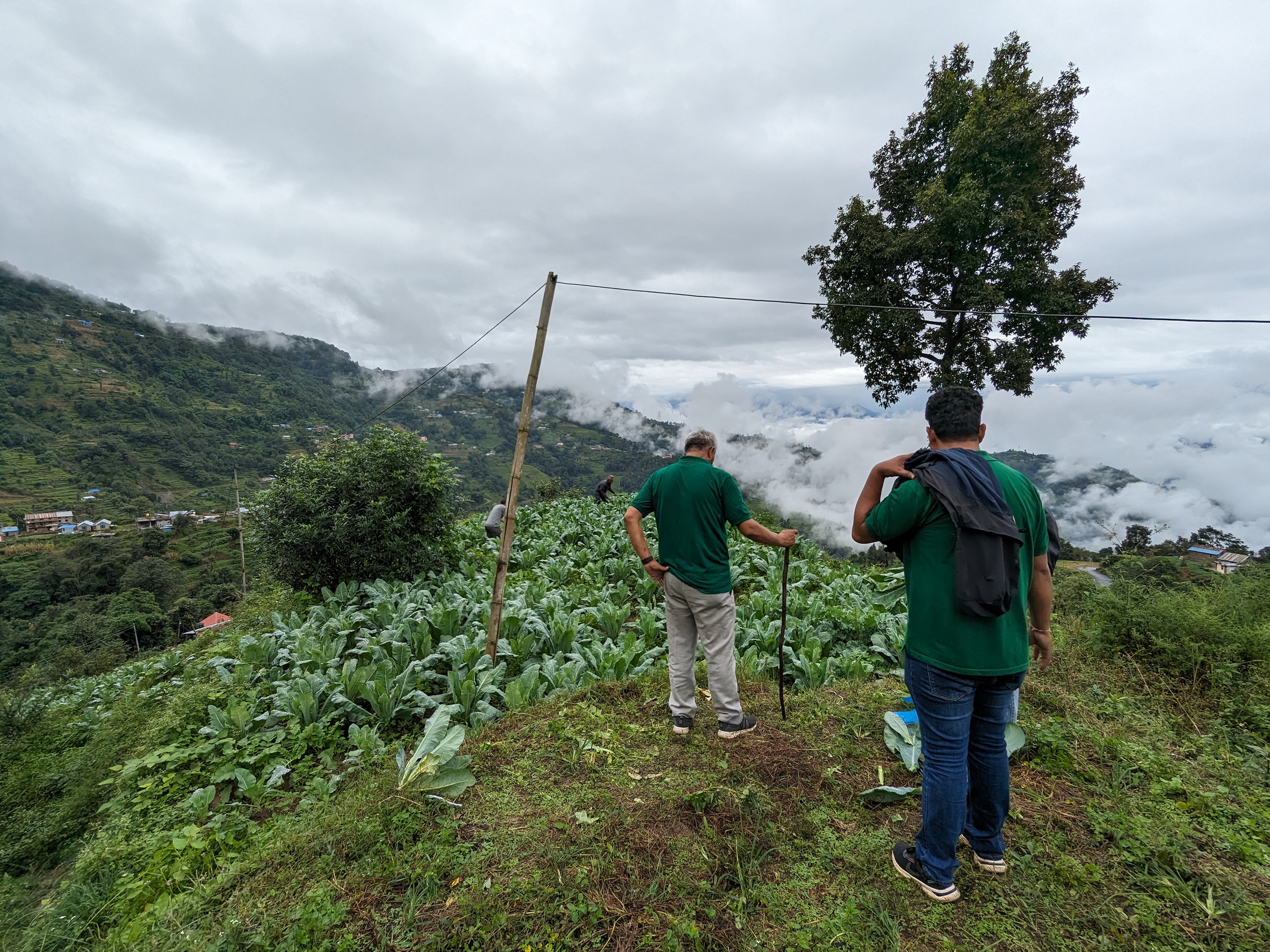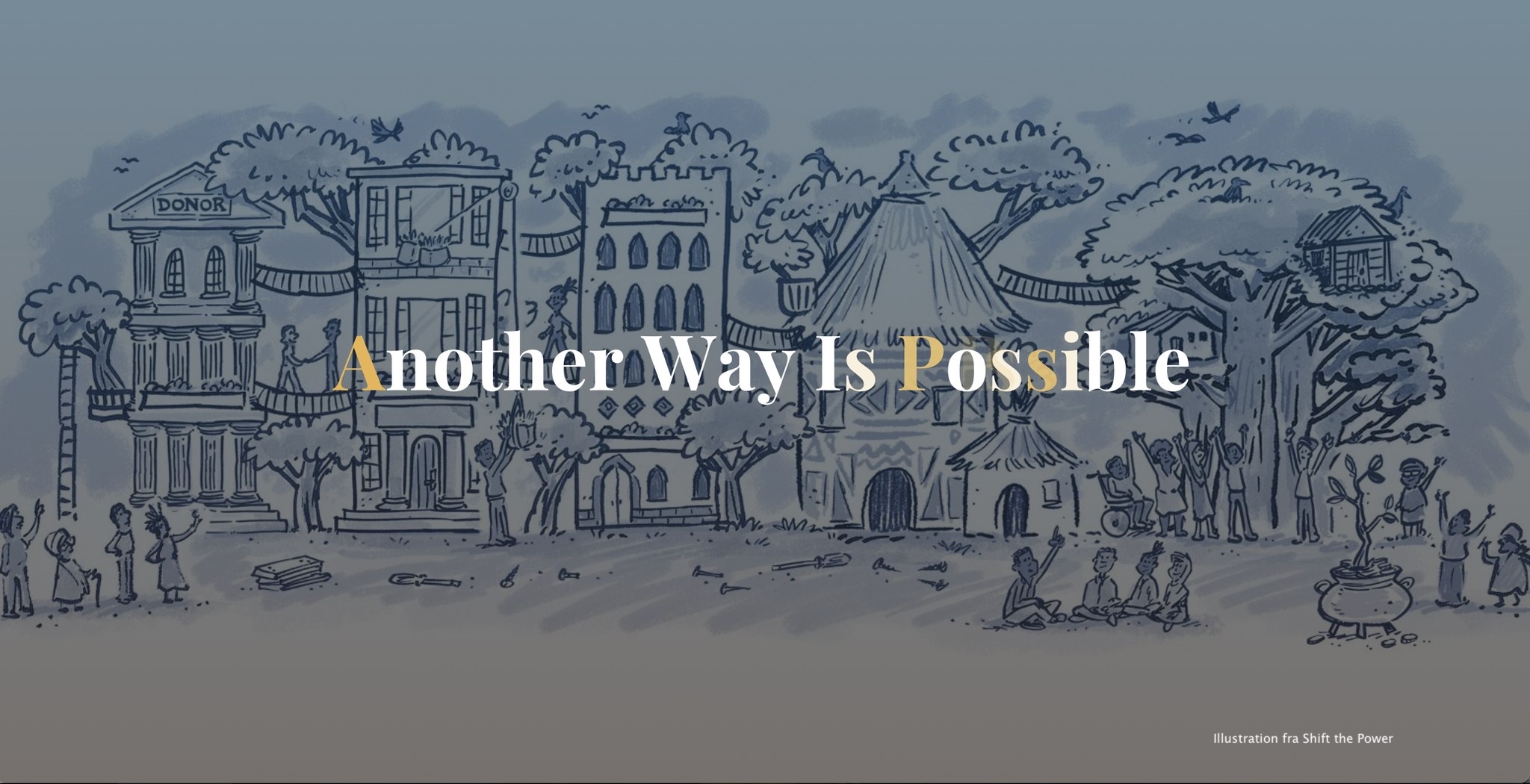The overall objective of this project is to support vulnerable communities and local government in Helambu rural municipality to design and establish flexible, inclusive institutional arrangements that can manage climate risks and deliver locally-led adaptation. This strengthens resilience to climate change.
The project has three specific goals:
- Capacity building of local disaster management committees’ knowledge and technical capacity on climate change adaptation and participation.
- Strengthening the capacity of key municipal officials responsible for climate adaptation and management
- Strengthening the capacity of youth groups to act as disaster rescue leaders.
The project is inspired by a previous preparatory project, Prepared for the 2022 Floods in Helambu, carried out in the JNF-CICED partnership. It was the first collective effort (communities, local governments and JNF) to address climate-related issues.
The results of the effort included:
- Traditionally marginalized communities, previously excluded from emergency aid, gained access to food and medical supplies.
- Emergency aid was distributed efficiently and fairly.
- Vulnerable communities in Helambu were reached and accessed more qualified, systematic support than before
- All families with children who were in danger were brought to safety.
- No child trafficking was reported during the 2022 monsoon.
- Families and elderly people from high-risk housing were temporarily relocated.
- Youth rescue teams completed brief rudimentary training, they worked more safely and efficiently.
- Local communities express a desire to be better prepared for future floods and landslides
- Conversations/awareness of weather changes and their effects were initiated among communities and duty bearers.
In the past, climate change was not treated by local government or communities as something that could be challenged, something to be prepared for. To anchor AA intervention activities locally, all seven districts in Helambu established disaster management groups, which are coordinated by the locally elected chairperson. Women, youth, vulnerable groups and JNF participated.
A momentum has been created that this project wants to capitalize on, sustaining and expanding the positive results of the preparatory efforts.































